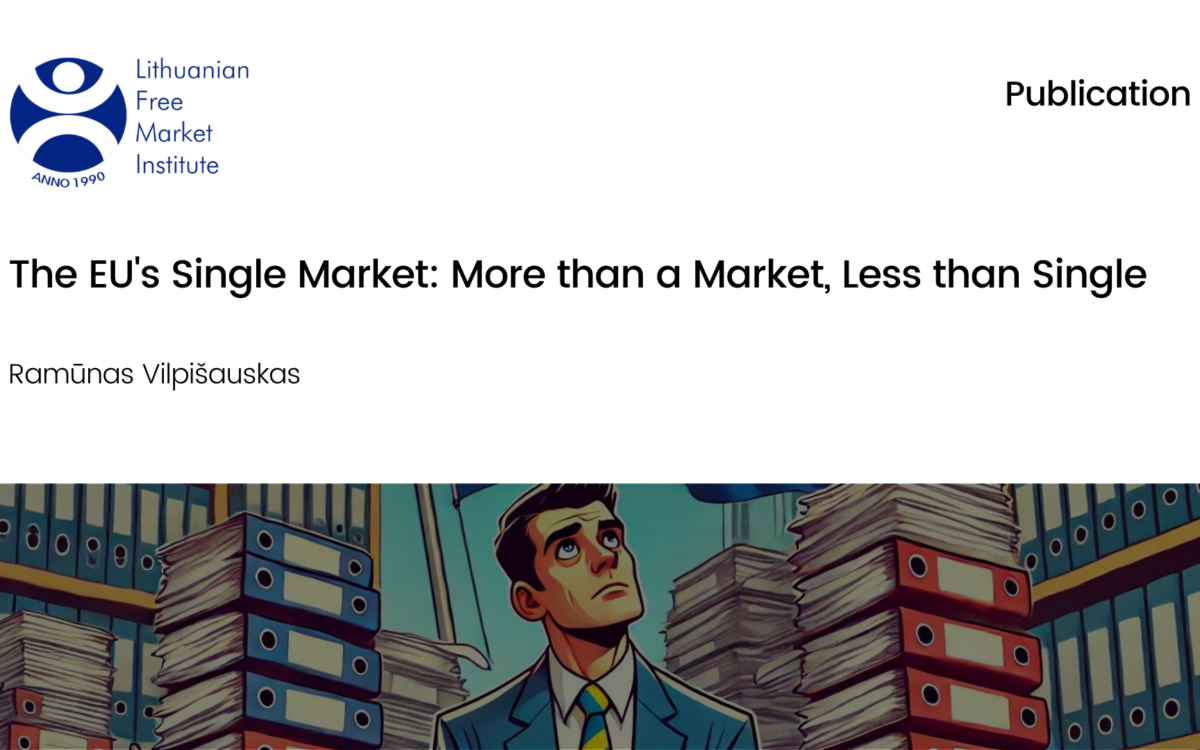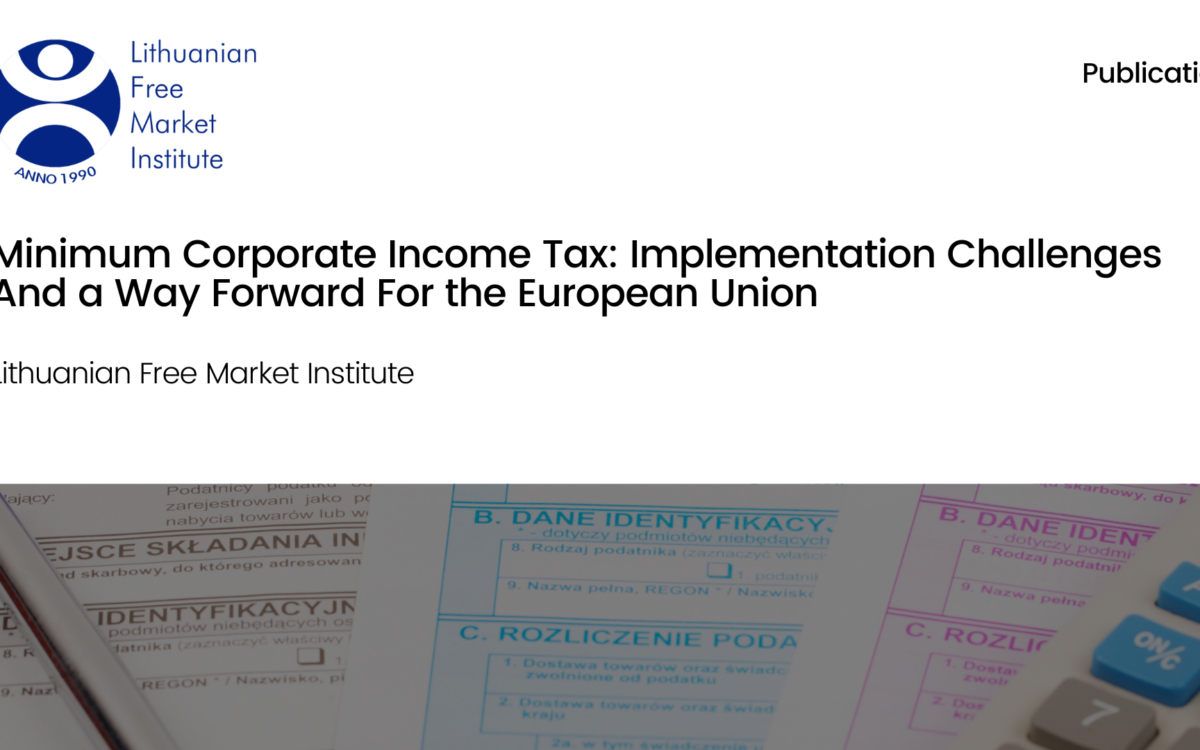Did Lockdowns Work? The Verdict On Covid Restrictions

Did Lockdowns Work? The Verdict On Covid Restrictions
5 June 2023
The purpose of this systematic review and meta-analysis is to determine the effect of lockdowns, also referred to as ‘Covid restrictions’, ‘social distancing measures’ etc., on COVID-19 mortality based on available empirical evidence. We define lockdowns as the imposition of at least one compulsory, non-pharmaceutical intervention (NPI). We employ a systematic search and screening procedure in which 19,646 studies are identified that could potentially address the purpose of our study. After three levels of screening, 32 studies qualified. Of those, estimates from 22 studies could be converted to standardised measures for inclusion in the metaanalysis.
They are separated into three groups: lockdown stringency index studies, shelter-in-place-order (SIPO) studies, and specific NPI studies. Stringency index studies find that the average lockdown in Europe and the United States in the spring of 2020 only reduced COVID-19 mortality by 3.2 per cent. This translates into approximately 6,000 avoided deaths in Europe and 4,000 in the United States. SIPOs were also relatively ineffective in the spring of 2020, only reducing COVID-19 mortality by 2.0 per cent. This translates into approximately 4,000 avoided deaths in Europe and 3,000 in the United States. Based on specific NPIs, we estimate that the average lockdown in Europe and the United States in the spring of 2020 reduced COVID-19 mortality by 10.7 per cent. This translates into approximately 23,000 avoided deaths in Europe and 16,000 in the United States. In comparison, there are approximately 72,000 flu deaths in Europe and 38,000 flu deaths in the United States each year. When checked for potential biases, our results are robust. Our results are also supported by the natural experiments we have been able to identify. The results of our meta-analysis support the conclusion that lockdowns in the spring of 2020 had a negligible effect on COVID-19 mortality. This result is consistent with the view that voluntary changes in behaviour, such as social distancing, did play an important role in mitigating the pandemic.
Download or share this publication
View the PDF
EPICENTER publications and contributions from our member think tanks are designed to promote the discussion of economic issues and the role of markets in solving economic and social problems. As with all EPICENTER publications, the views expressed here are those of the author and not EPICENTER or its member think tanks (which have no corporate view).



